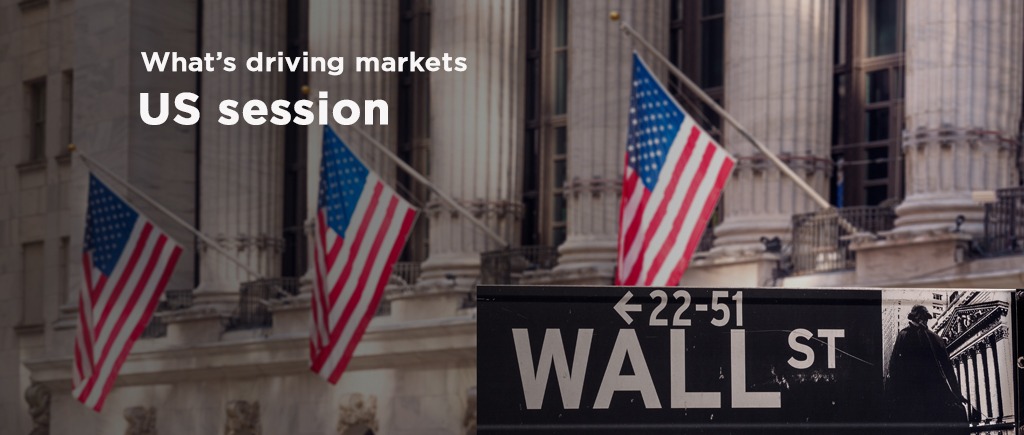The new trading week has opened with global markets locked in a state of unsettling indecision, characterized by alternating gains and losses for the U.S. Dollar (USD). This market schizophrenia is not accidental; it is the direct result of a vacuum of fundamental information, forcing traders to rely heavily on central bank rhetoric and political noise. With the U.S. government shutdown dragging on and crucial economic data obscured, investors are currently operating in a unique environment where policy confusion is the dominant driver.
The D.C. Distortion and the Dollar’s Tug-of-War
The most immediate source of market distortion is the ongoing U.S. government shutdown. This political stalemate, which has fueled renewed U.S. credit risk concerns, provides a floor for the Dollar by reinforcing its safe-haven appeal during times of political crisis. However, this support is constantly undercut by the market’s aggressive bets on future Federal Reserve easing. The U.S. Dollar Index (DXY), vacillating around the 98.50 zone, perfectly encapsulates this tug-of-war. The prevailing sentiment is that the political instability and its economic fallout will compel the Fed to accelerate rate cuts, a view that inherently weakens the currency. All eyes are now fixed on the scheduled speech by Federal Reserve Governor Waller, whose commentary will be scrutinized for the slightest hint of a shift in the central bank’s rate trajectory.
Divergence: When Global Central Banks Take the Lead
With the U.S. data calendar effectively muted by the shutdown, the focus has swung decisively to inflation and monetary policy signals from other major economies. This marks a significant shift, as global central banks temporarily step into the void left by the absent U.S. economic narrative.
The immediate priority for North American trading is the release of Canadian inflation data. This figure will directly inform expectations for the Bank of Canada, particularly in light of persistent U.S. trade jitters that could restrain Canadian growth. Similarly, the European currency complex is hinging on guidance from the European Central Bank (ECB). The EUR/USD is trading marginally lower near 1.1640, awaiting speeches from ECB President Christine Lagarde and official Nagel, likely focused on the Eurozone’s resilience against global headwinds.
In the UK, the GBP/USD is treading water near 1.3400 ahead of public sector borrowing figures and insightful commentary by BoE’s official Victoria Cleland. Meanwhile, Asian currencies are awaiting speeches from Bank of Japan’s official Ryozo Himino and the Reserve Bank of Australia’s Brad Jones, confirming that the global financial narrative has fractured, placing an unprecedented level of reliance on these international policymakers.
Commodity Extremes Reflect Contradiction
The market’s contradictory impulses are perhaps best illustrated in the commodity space. On one hand, WTI crude oil was in a distinct retreat, falling for a third straight day and piercing the $56.00 per barrel mark. This sustained weakness is a clear reflection of enduring supply glut concerns, signaling weak fundamental demand or ample production capacity. WTI was last seen at $56.93, still down -0.38% on the day while Brent was last seen at $60.89, down -0.72%.
On the other hand, safe-haven assets are thriving. Spot gold has resumed its powerful uptrend, regaining the area above $4,350 per troy ounce, a movement directly attributed to the dual fears of the U.S. shutdown and the rate cut anticipation. Silver prices are mirroring this sentiment, managing to recover toward the $53.00 mark; last seen at $52.37, up +0.89%.
This stark divergence—oil signaling potential global weakness while gold shouts fear and currency debasement—underscores the profound contradictions embedded in current market pricing. Until the political impasse in Washington D.C. is resolved and economic data flows return, investors and traders must adhere to a reasonable level of caution, recognizing that this highly charged environment will remain reactive to every word spoken by global policymakers.
 Noor Trends News, Technical Analysis, Educational Tools and Recommendations
Noor Trends News, Technical Analysis, Educational Tools and Recommendations





